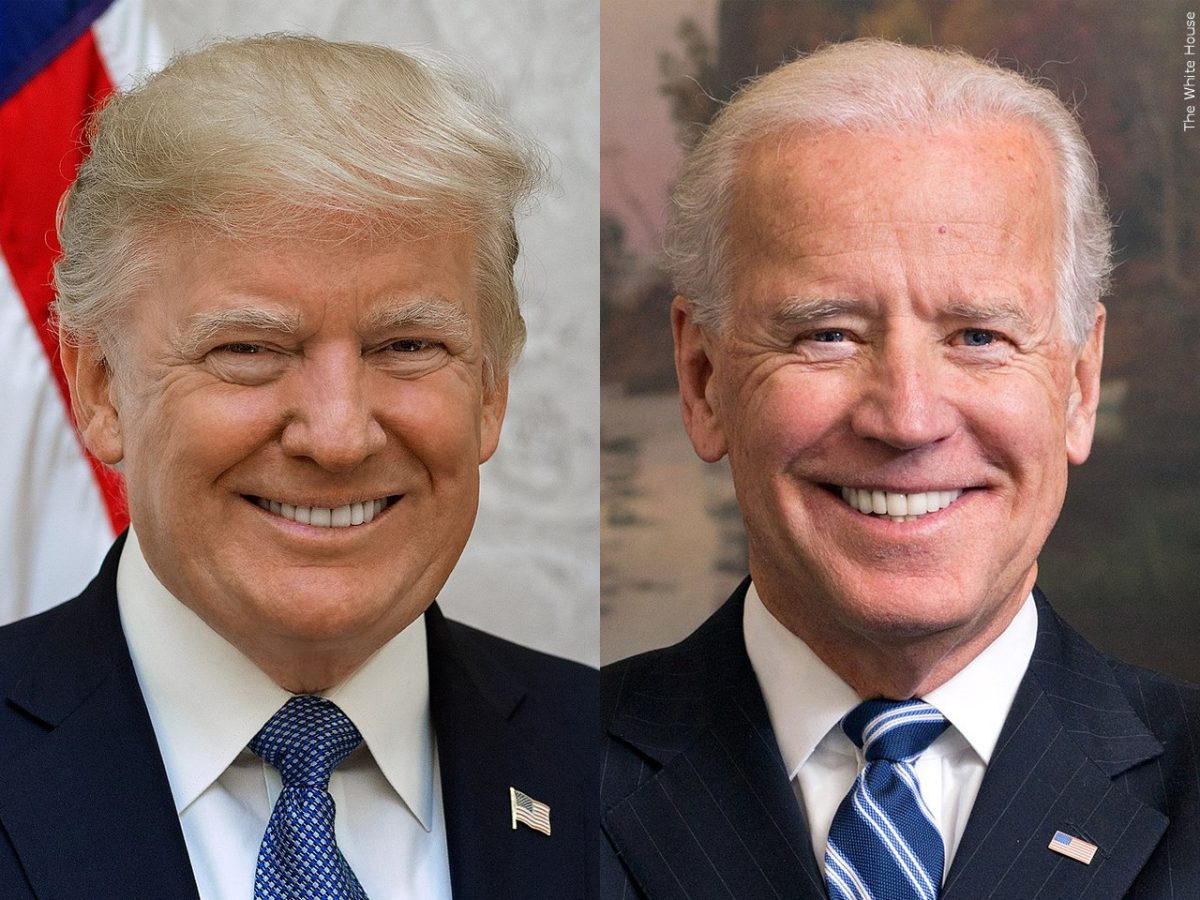In recent months, the United States has been running primary and caucus elections for the upcoming presidential election, which will take place this November. In the U.S., primary elections are used to select nominees for public office.
Primary elections are preliminary elections used to appoint delegates to a party conference or selected to represent the party in the presidential election. The first Republican caucus took place on Jan. 15 in Iowa, and the first Republican primary took place on Jan. 23 in New Hampshire.
These elections hold significant importance, as they set the tone for the following primaries leading up to November.
Since President Joe Biden is the incumbent, there were no viable Democratic challengers. The nominees who attempted to challenge Biden include Marianne Williamson, Jason Palmer and Dean Phillips.
The original number of Republican nominees was 11 candidates, including former President Donald Trump, former South Carolina Governor Nikki Haley, Vivek Ramaswamy and others.
The first candidate to drop out of the GOP race was Miami Mayor Francis Suarez. A number of candidates followed. Trump, Haley, Ramaswamy and DeSantis were the top candidates in the first caucus. Following Iowa, two candidates, Ramaswamy and DeSantis, suspended their campaigns.
“Donald Trump is winning the primary with nearly all of the delegation,” said Derek Kim, a sophomore political science major. “With these winning numbers, it is almost like Trump is the incumbent president running for a second term. Instead, he is a former U.S. president running for a second, non-consecutive term. His status as a former president establishes his prestige over the other Republican Party presidential candidates.”
Recently on March 5, “Super Tuesday,” an election day where nearly a third of the Republican primaries and caucuses take place, races were held in six states: Alabama, Arkansas, Minnesota, Texas, Vermont and Virginia. Trump and Haley went head-to-head in each state. However, Trump won in a landslide in every state except for Vermont. After Super Tuesday, Haley suspended her campaign.
“I do not know why she continued her campaign as long as she did,” Kim said. “She has said that a third option is what the American public deserves, but I would argue that her decision to drag on her campaign gives her immense publicity. Whether that publicity is good or bad shall be determined if she ever decides to run again for president.”
Although Georgia does not participate in Super Tuesday, the state’s primary election happened just a week later. This election happened just six days after Haley suspended her campaign. However, the ballots were already developed before she and DeSantis dropped out. Therefore, both of their names appeared on the ballot.
Even though Haley and DeSantis are no longer running, both received a percentage of votes. NBC News reported Haley receiving 13.23% and DeSantis receiving 1.27%.
Now, since all candidates have dropped out on the Republican side, Trump has secured his spot as the official Republican nominee for president. On the flip side, Biden’s challengers have not made any strong efforts to beat him, so it can be concluded that he will be the Democratic nominee.
GC students who are following the primaries gave their input on the November elections. Political science major Celica Schmetterer gives her opinion about the upcoming election.
“It’s just embarrassing across the board,” Schmetterer said. “It’s embarrassing for the DNC to not have pushed any other candidate and to stick it out with someone as uninspiring as Biden. It’s embarrassing for the RNC to be unable to push back against the guy that lost them the last election. It’s embarrassing knowing the ballot will be the same two unimpressive geezers as last time. It’s hard to be optimistic when the options are to repeat the last four years or have a repeat from eight years ago.”
There will be more to come as the primary season ends and summer conventions confirm the potential nominees.


